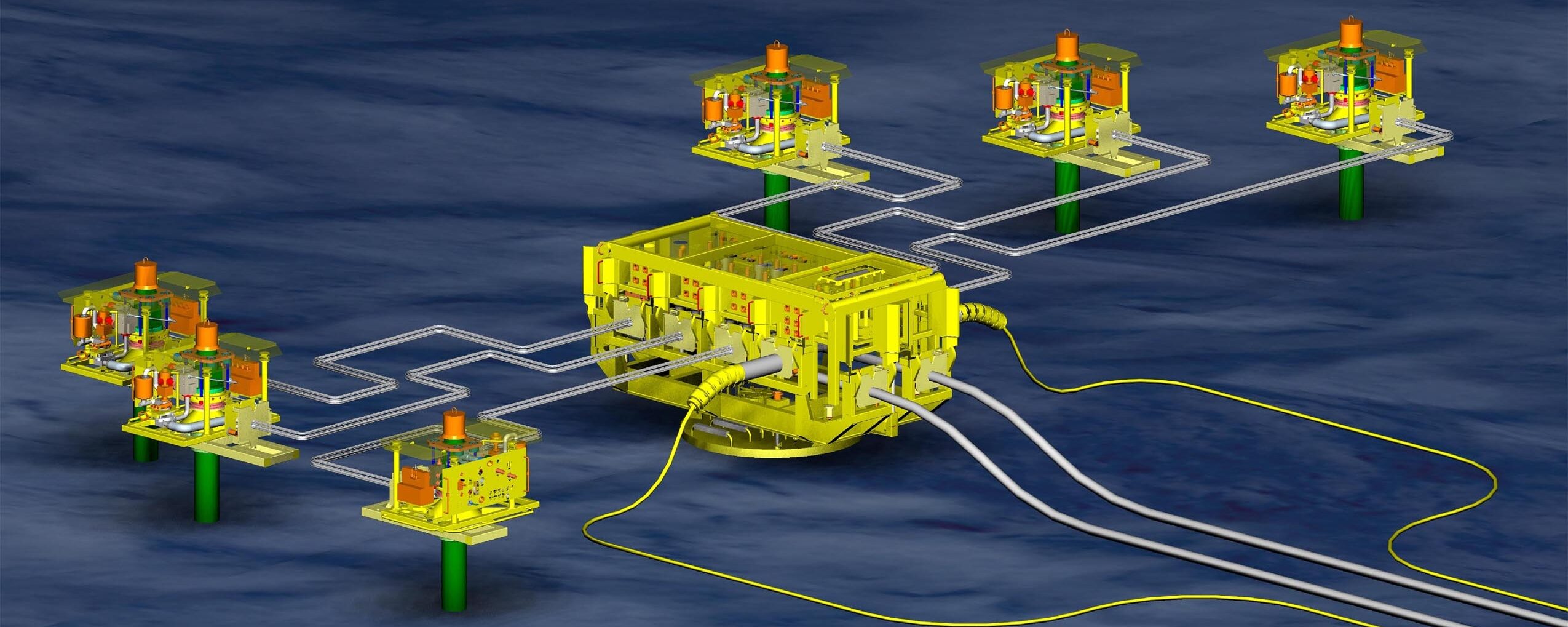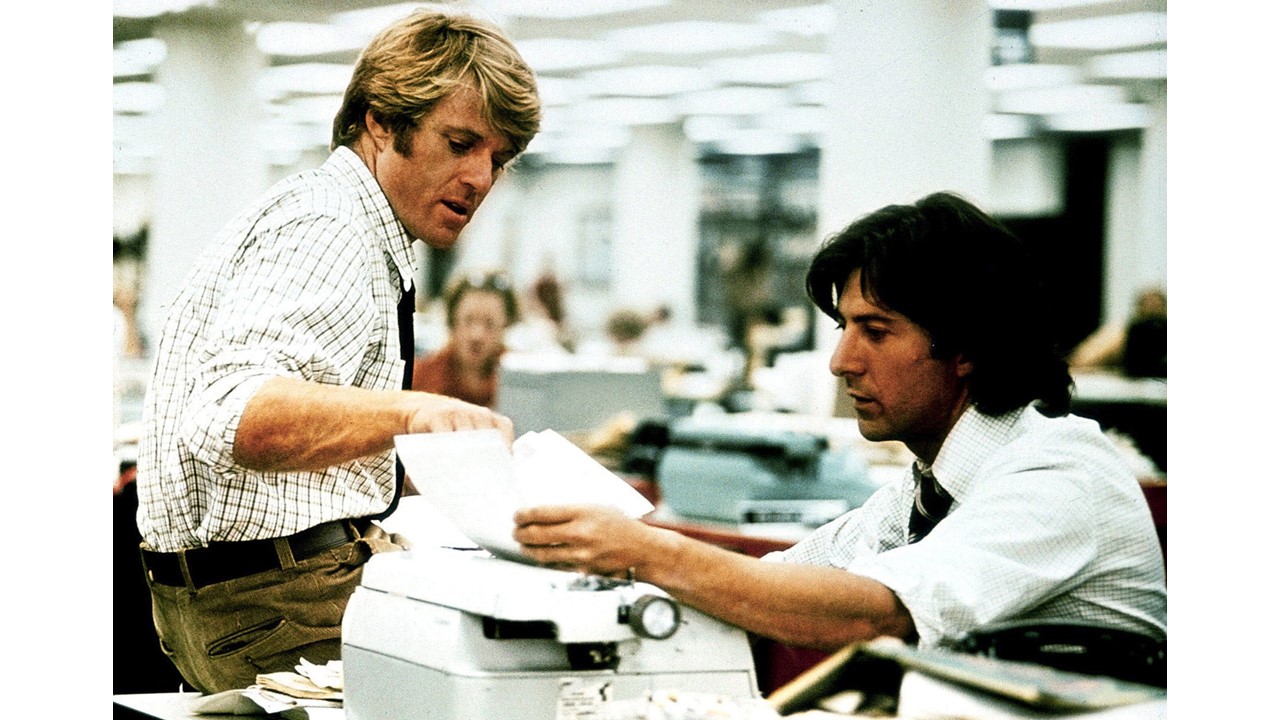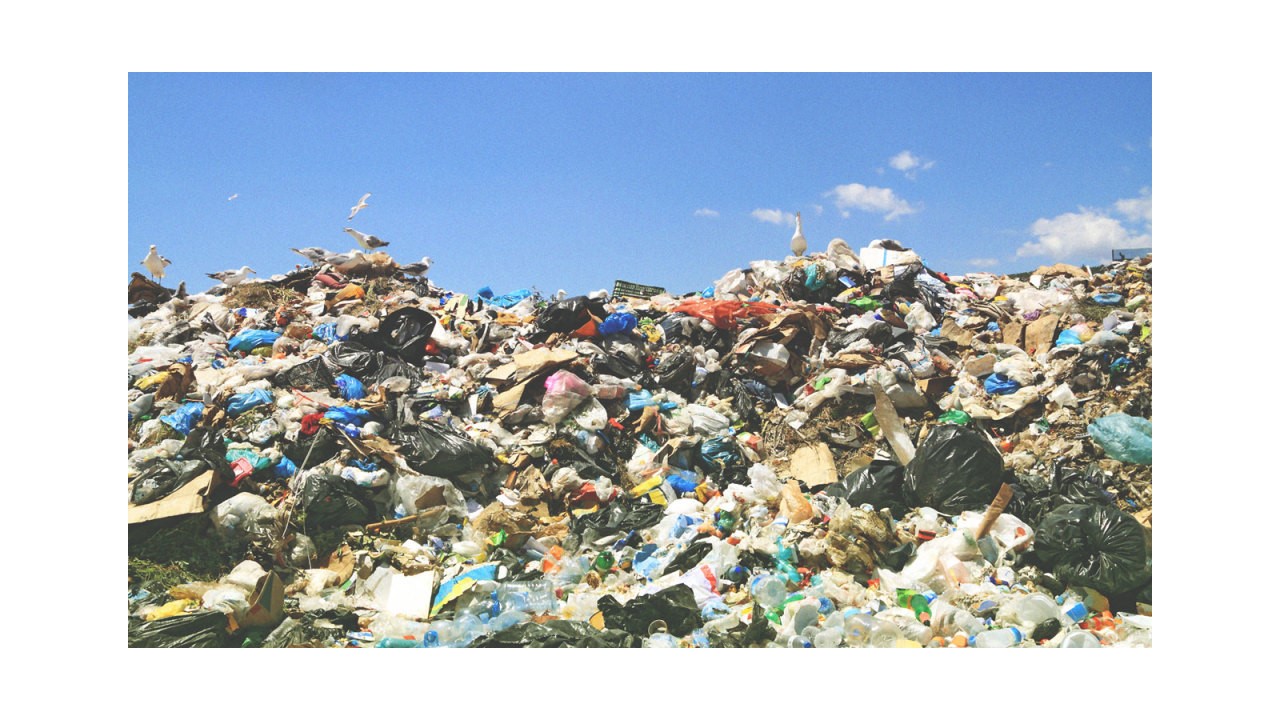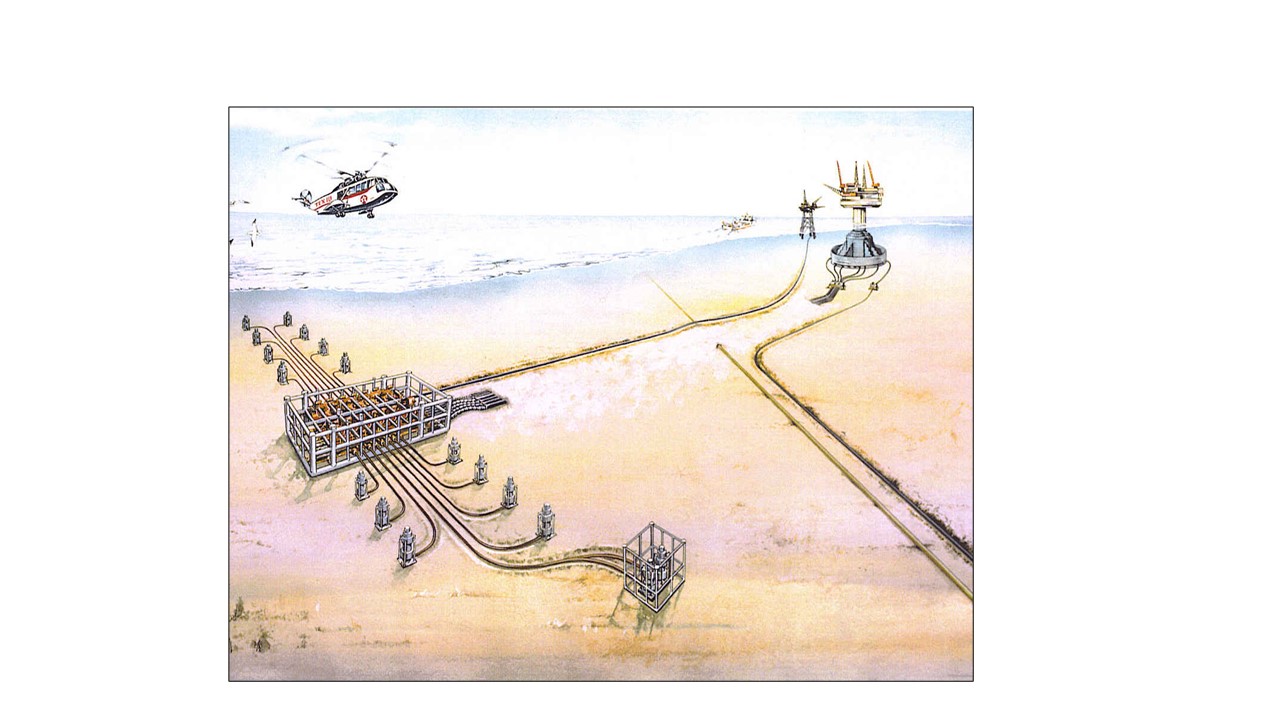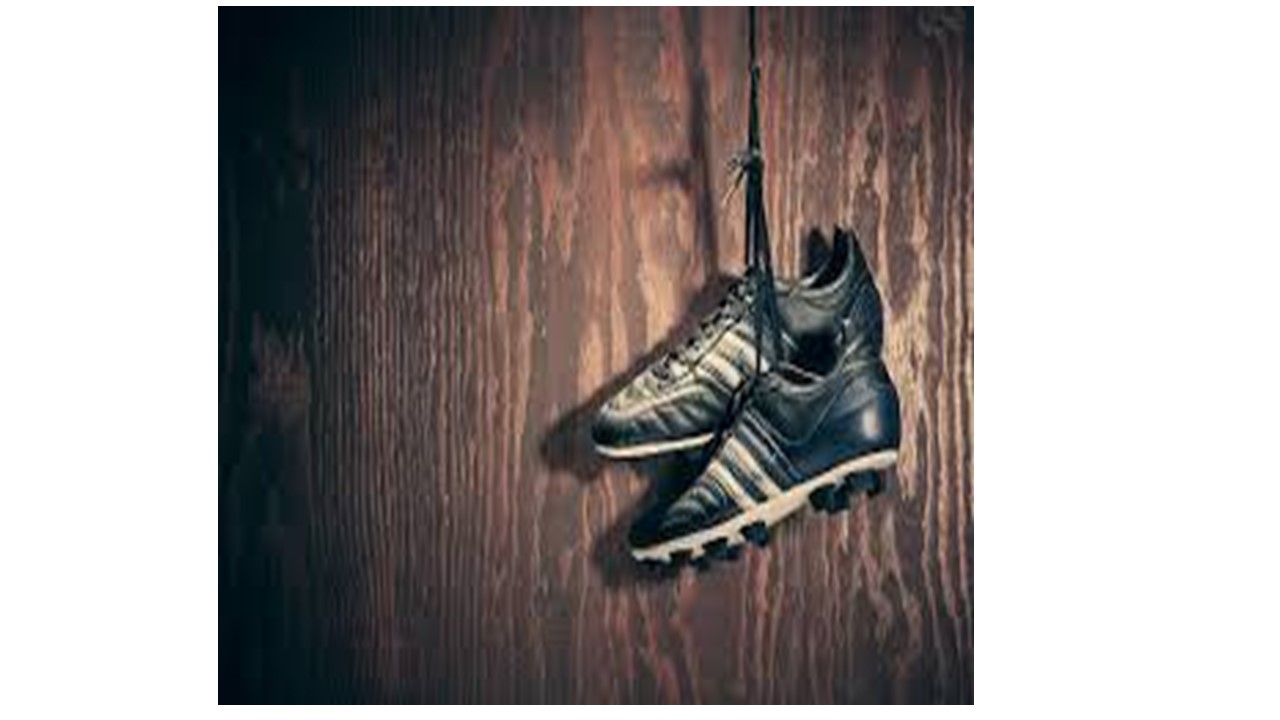I have to admit that this pandemic has not been great for creativity and thought. It might have seemed the opposite – lots of time to mull and consider and no shortage of ideas. It has, though, been enervating – energy sapped, no enthusiasm, worry about family and friends and generally loss of normality. So if you have been wondering what I have been doing, well really not enough. So rather than finishing my latest historical piece, I will get back into the saddle with a good yarn and maybe an opinion or two.
*****************************************************************************************************
In case you have been busy yourself, you might not have noticed that I recently did a podcast for the Society for Underwater Technology on the founding of Subsea Engineering News and a being a journalist covering the nascent subsea sector with some interesting stories thrown in for good measure. Now that might not seem very unusual – the former editor of SEN and the SUT, a perfect fit. Not exactly. There was a bit of a love-hate relationship between the SUT and me – they loved to hate me or at least one or two people did.
It all goes back to 1989, the period just after the Piper Alpha offshore disaster in the UK sector of the North Sea in which 167 platform personnel died. One of the recommendations of the Cullen enquiry which was undertaken in the aftermath of this tragic incident was that every seabed gas pipeline had to be fitted with a shutdown system to prevent a repeat of what occurred at Piper Alpha. In case, you are unaware, most of the fatalities resulted not from the initial explosion, but from the fire on the platform which was fed by 23 miles of unconstrained gas coming by pipeline from another platform. Eventually Piper Alpha almost melted into the sea before the gas stopped feeding the fire.
The recommendation for the installation of a subsea emergency shutdown system on every gas pipeline coming into a platform was well considered except for the fact that such systems did not exist. The technology shortfall was both in the valves to shut in the pressure and the control system to activate them. The point about the latter was that it had to be able to operate even if the control room on the platform was damaged and became unmanned.
There was much consternation around the industry, both among the operators who would have to install the systems and the supply sector that would have to design and build such equipment. I had been reporting on these events in SEN and decided that it might be a good idea to organise a seminar on this subject. My business partners, my then father-in-law Gordon Lugg and David Pridden, sadly both now deceased, thought it was a great idea and off I went the following day and began to execute this plan.
And what a day it was. Every seat in the room at the Cafe Royal in Piccadilly Circus – about 140 – was filled with most of the big pipeline operators – BP, Shell and Total among others – sending up to 10 engineers to hear what was being talked about on this important and sensitive subject. A good friend, the esteemed pipeline engineer Andrew Palmer, now also sadly departed, chaired the day. It was a great success and I recall another friend amongst the throng there asking me how much money I had made from the full house. I don’t exactly recall, but it changed the fortunes of my very small company which at that time was based solely around SEN.
Everyone was happy – I had made some money, put SEN in a very positive light with the industry and many folks came away with ideas about how they might address this challenge. Everyone except the SUT. Some in the organisation believed that I had crossed into its area of expertise and knowledge by organising this event. It never occurred to me that I was stepping on anyone’s toes. The reality was and is that the SUT is an organisation run by committees, manned by volunteers with fulltime jobs, and getting a decision to do such an event takes time. My little company had a board meeting on a Sunday over lunch and on the Monday morning I was moving. Sometimes quick decisions rule the day.
It took at least a decade before the SUT would even speak to me again. It wasn’t until Ian Gallett took over the day to day running of the SUT that I lost my persona non grata status. All I had done was beat them to the punch with an idea. Alas. That event is such ancient history now that assuredly there is no one left – except me – who even remembers. And so it comes to the recent podcast. John Howes, who edits the SUT online magazines, UT2 and UT3, was asked to do it, but declined and asked if I was was interested. Being a shy retiring fellow with no opinions – not! – I agreed and so I was interviewed by Andrew Connelly. It was really like an event with the energiser bunny. He wound me up and I kept talking. In fact, our ‘chat’ lasted nearly an hour and most of the podcasts were half that length. So the SUT communications adviser Emily Boddy said sadly she had to cut out some of the stories, even though they were all worth a listen. There might even be a follow-up.
So now the SUT and I are BFF’s. Okay, maybe not.
